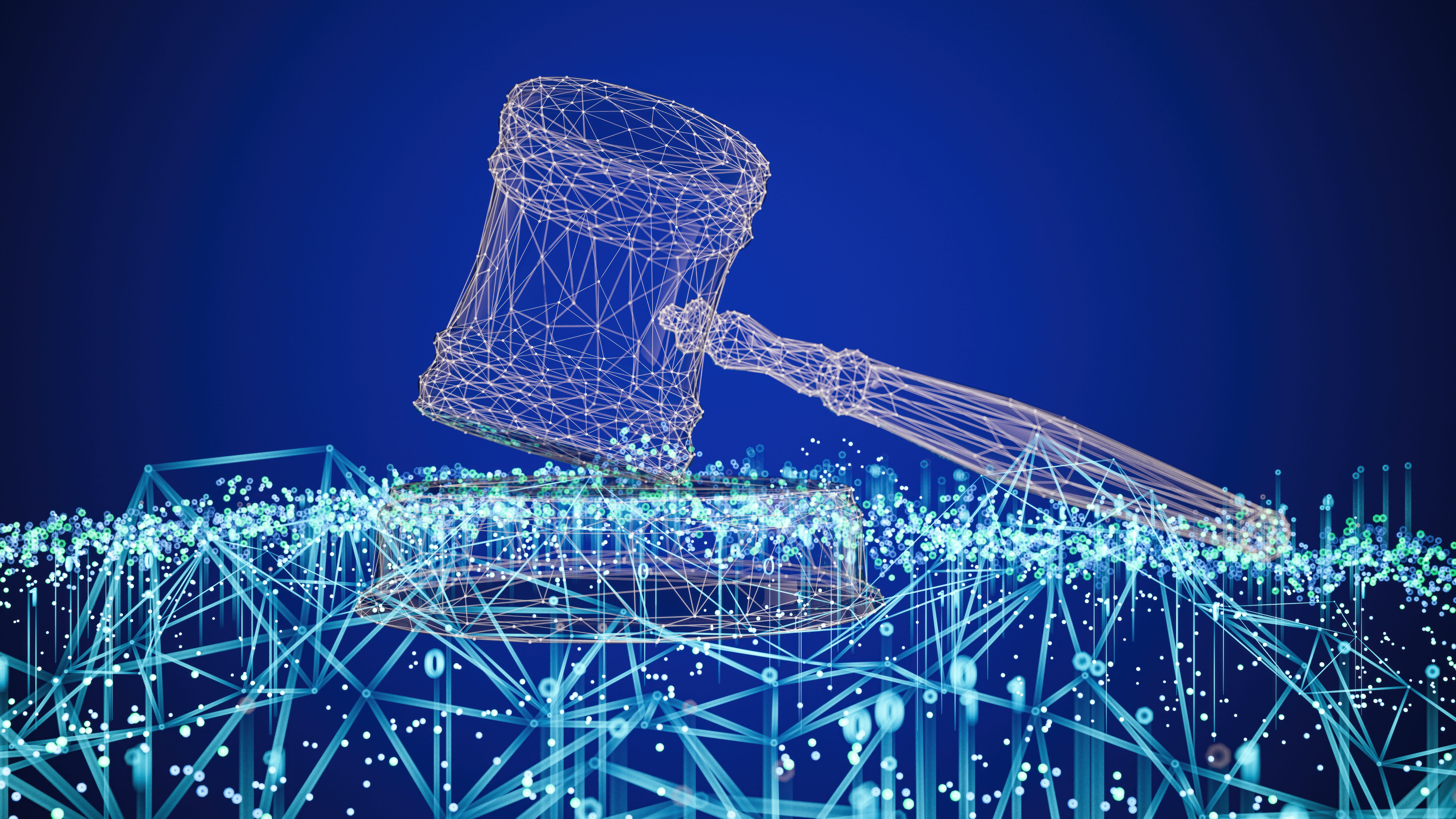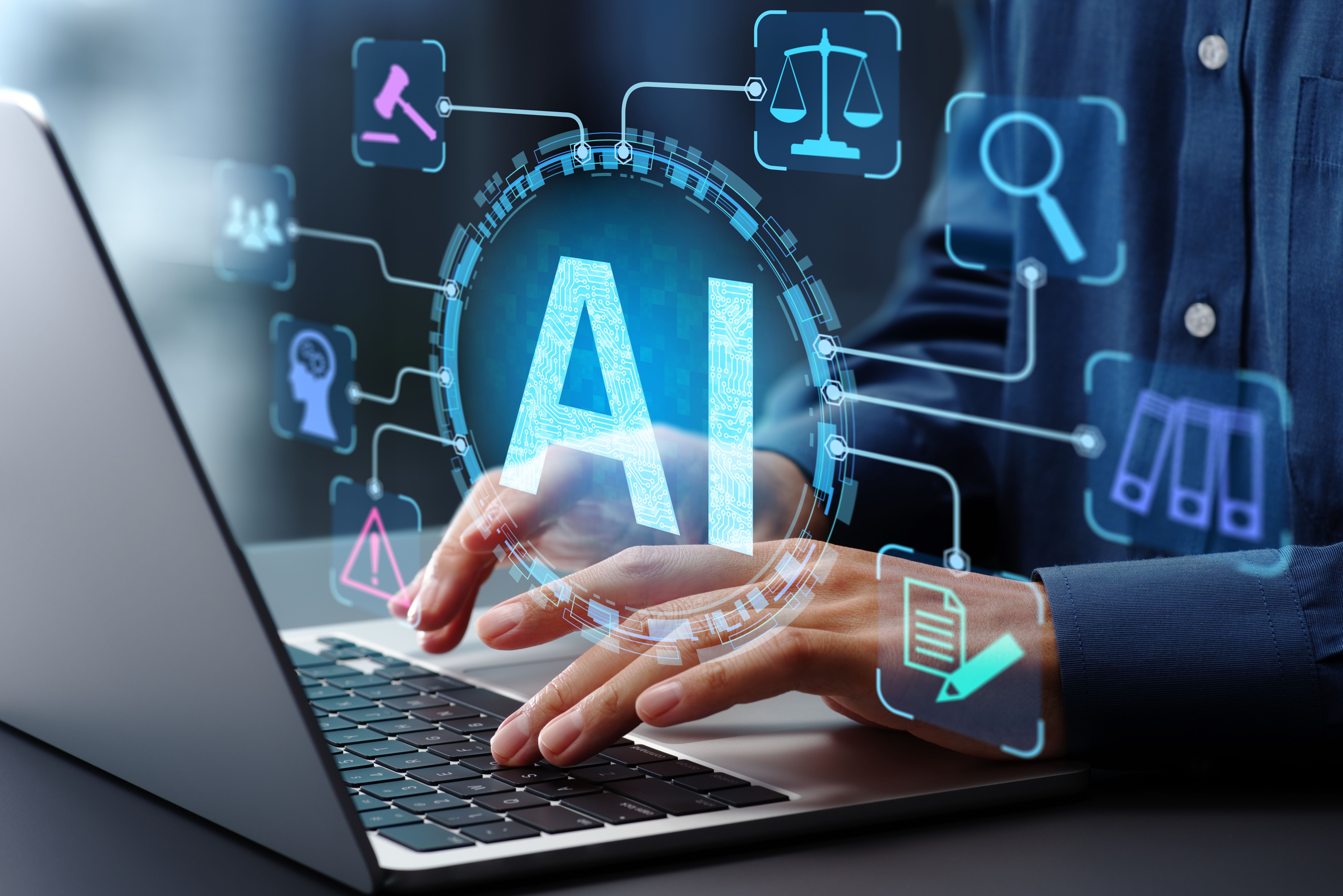AI-Driven Governance: How DAOs are Transforming Decision-Making
Understanding DAOs: A New Era of Decision-Making
Decentralized Autonomous Organizations (DAOs) are reshaping how decisions are made in the digital age. By leveraging blockchain technology, DAOs offer a novel approach to governance, providing transparency, efficiency, and inclusiveness. Unlike traditional organizations, DAOs operate on a decentralized network where decisions are made collectively by stakeholders.
At their core, DAOs function through smart contracts – self-executing contracts with the terms of the agreement directly written into code. This removes the need for intermediaries, reducing costs and enhancing trust among participants. With the rise of AI, DAOs are now integrating advanced algorithms to further enhance decision-making processes.

The Role of AI in DAOs
Artificial Intelligence plays a critical role in optimizing DAO operations. By processing large amounts of data and learning from patterns, AI systems can provide valuable insights for decision-making. This leads to more informed and objective outcomes, as AI can mitigate human biases that often influence traditional governance structures.
AI-driven analytics enable DAOs to predict trends, assess risks, and evaluate the potential impact of various decisions with remarkable accuracy. This predictive capability is invaluable for organizations looking to stay ahead in a rapidly changing digital landscape.
Moreover, AI can automate routine tasks within DAOs, allowing members to focus on strategic initiatives. This not only increases efficiency but also empowers stakeholders by giving them more time to engage in meaningful discussions and contribute to the organization's goals.

Benefits of AI-Driven Governance
One of the most significant advantages of AI-driven governance in DAOs is the increased level of transparency it offers. All transactions and decisions are recorded on the blockchain, creating an immutable ledger that is accessible to all members. This transparency builds trust and accountability, as every participant can verify actions independently.
Additionally, AI enhances scalability within DAOs. As these organizations grow and attract more members, managing operations manually becomes increasingly complex. AI systems can handle this complexity by efficiently processing and analyzing vast datasets, ensuring smooth operations regardless of scale.

Challenges and Considerations
Despite their potential, DAOs face several challenges that need to be addressed for widespread adoption. Security remains a primary concern, as vulnerabilities in smart contracts can lead to significant financial losses. Ensuring robust security measures and continuous audits is essential to safeguarding DAO integrity.
Another consideration is the ethical implications of AI decision-making. While AI can reduce biases, it is crucial to ensure that algorithms are designed and trained ethically. This involves maintaining diversity in training datasets and regularly updating AI models to reflect societal changes.
The Future of DAOs and AI
The integration of AI with DAOs heralds a new era of governance that prioritizes efficiency, transparency, and inclusivity. As technology continues to evolve, we can expect DAOs to become more prevalent across various sectors, from finance to healthcare and beyond.
As stakeholders become more familiar with the benefits of AI-driven governance, traditional organizations may also start adopting similar models to enhance their decision-making processes. Ultimately, the fusion of AI and DAOs has the potential to transform how we think about governance in a digital world.

